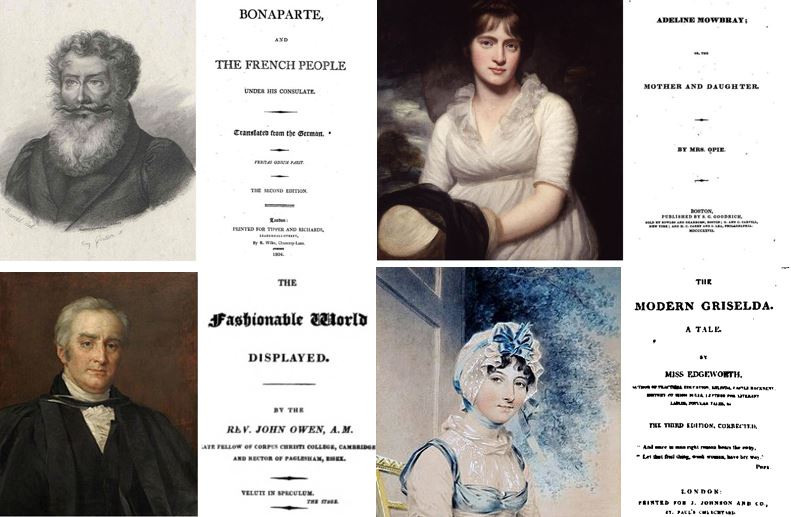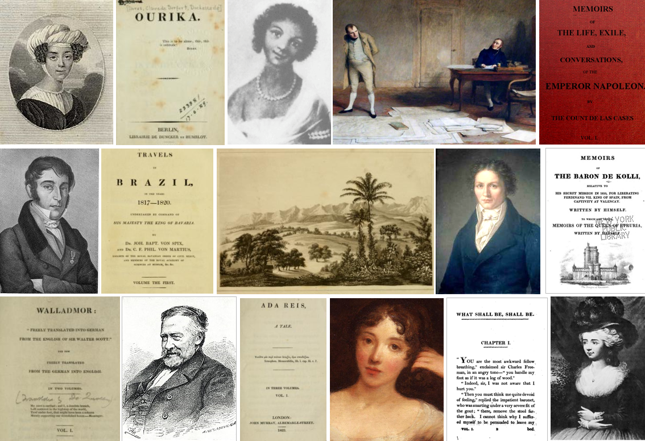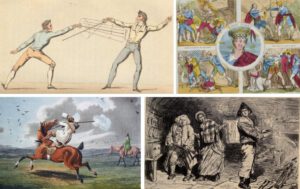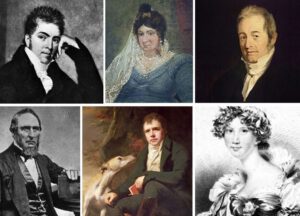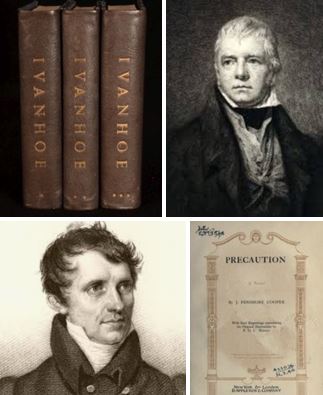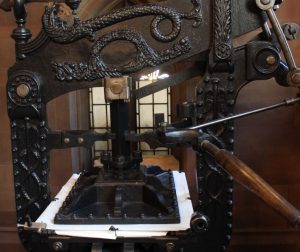 In Europe, duels were common from the Renaissance on among aristocrats and military men. While duels were usually fought with swords in the first part of the 18th century, pistols became popular in Britain from around the 1770ies, superseding swords as a weapon. Duelling was illegal, and killing a man in duel was considered murder. Nevertheless, duelling was commonly associated with notions of chivalry and a code of honour.
In Europe, duels were common from the Renaissance on among aristocrats and military men. While duels were usually fought with swords in the first part of the 18th century, pistols became popular in Britain from around the 1770ies, superseding swords as a weapon. Duelling was illegal, and killing a man in duel was considered murder. Nevertheless, duelling was commonly associated with notions of chivalry and a code of honour.
A code of honour defined rules for issuing a challenge as well as rules of engagement on the duelling ground. It regulated the conduct of seconds, and also specified which conduct would be considered dishonourable. Which rules guided duellist in the late 18th century and early 19th century? Continue reading →



